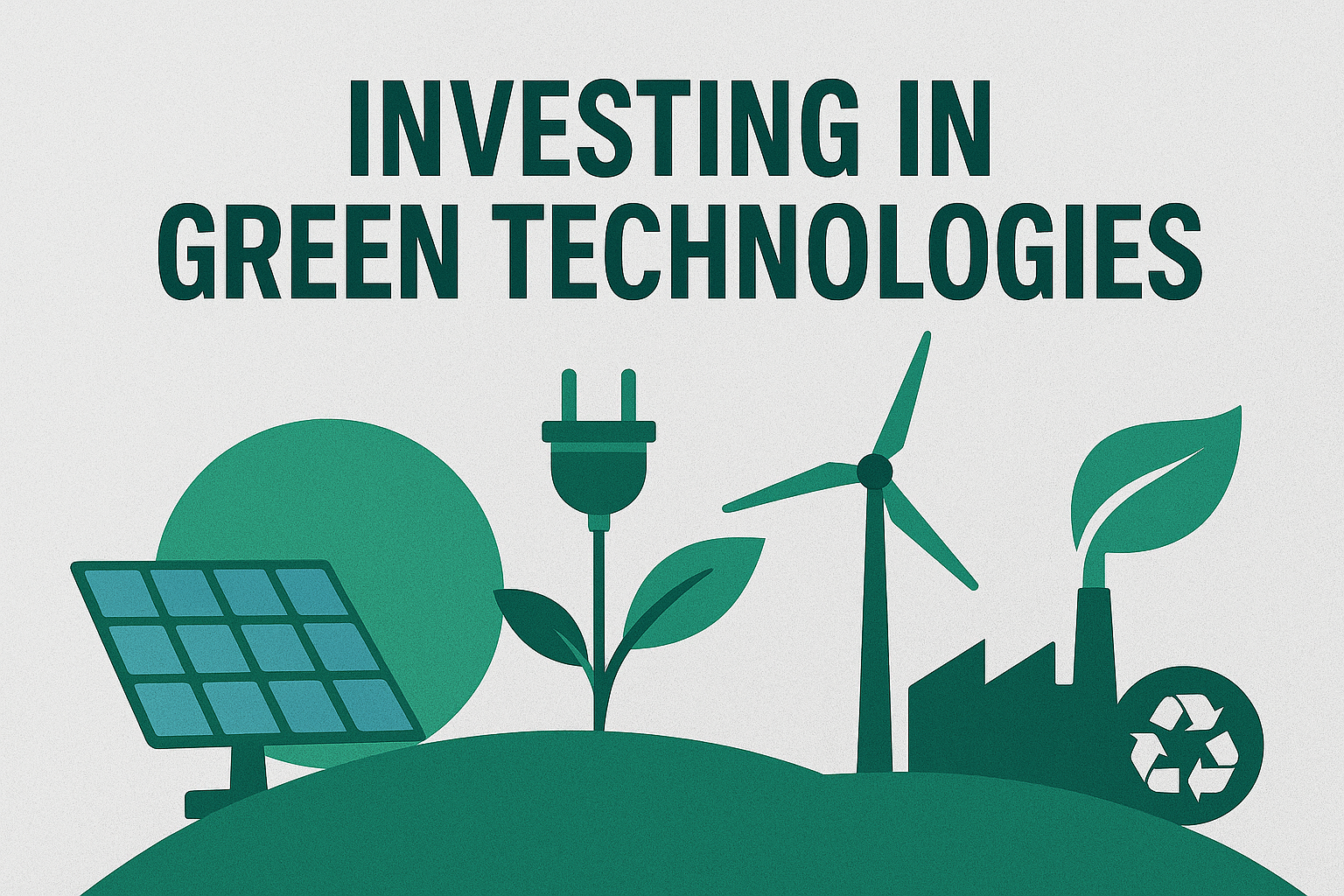

The explosion of patent activity in the green technology space is one of the most visible indicators of a world trying to solve the climate crisis through innovation. From carbon capture and utilization (CCU) systems to next-gen solar panels and biodegradable polymers, a technological revolution is underway.
But there’s a dark side to this green rush.

What was once a movement driven by environmental urgency is, in many corners, turning into a commercial exploitation machine. Green credentials are being used as a shield behind which companies aggressively claim intellectual property rights over naturally derived materials, ecological processes, and technologies that could have otherwise been part of a shared global commons.
🌿 The Paradox of Green IP
A patent is, by design, exclusionary. It allows the holder to prevent others from using a certain invention. In life sciences and pharmaceuticals, this makes sense — the R&D costs are massive, and exclusivity fuels innovation.
But when it comes to climate technologies, the calculus changes. Should a company be allowed to patent an algae strain that absorbs carbon? Should methods of forest regeneration or water purification be patented and licensed at scale?
🛑 Current Concerns:
Greenwashing through IP: Some patents claim sustainability benefits without real ecological value.
Over-patenting: Companies file dozens of broad patents to crowd out genuine innovation.
Ethical conflicts: Extracting and commercializing nature in the name of “saving” it.
🌱 The Way Forward:
We don’t need fewer patents — we need better ones. Green IP should:
Be rooted in authentic environmental benefit.
Encourage open access where appropriate.
Promote collaborative licensing in the global interest.
In short, we need a new IP ethic for the climate era. One that empowers innovation, respects nature, and prioritizes long-term impact over short-term profit.
Let’s not patent the planet into pieces.
Copyright © 2014-2025 Citius Minds Consulting LLP. All Rights Reserved.